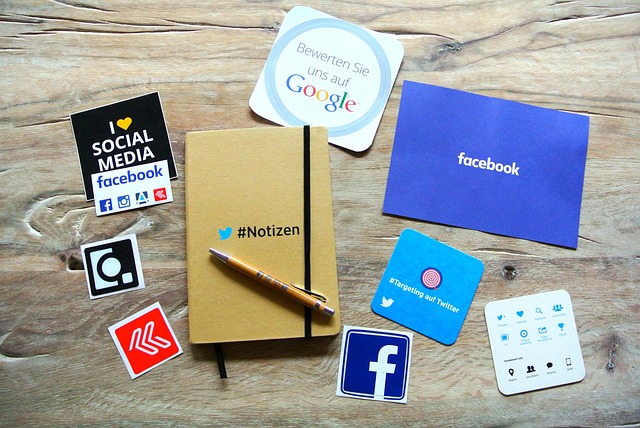AI smart contract automation is revolutionizing hospitality and retail by securing processes, enhancing efficiency, and optimizing costs. Integration of AI food cost control software enables precise ingredient tracking, inventory management, and automated pricing adjustments, reducing human errors and minimizing disputes. This technology provides real-time analytics for informed decisions on procurement, staffing, and menu planning, ultimately boosting profitability and sustainability. While challenges like data privacy and security concerns exist, successful implementation leverages machine learning to optimize inventory, predict demand, refine pricing strategies, and minimize food waste, transforming operations and maintaining high standards in restaurants and catering companies.
In the evolving landscape of business automation, Artificial Intelligence (AI) is revolutionizing smart contract management. This article explores the transformative power of AI in streamlining operations, particularly within the context of the food industry. We delve into ‘AI Food Cost Control Software’, a game-changer that optimizes resource allocation and enhances profitability. Understanding its role, benefits, and challenges is crucial for businesses aiming to navigate the digital era effectively. Embrace the future with this comprehensive guide to AI business smart contract automation.
- Understanding AI Business Smart Contract Automation
- The Role of AI Food Cost Control Software in Streamlining Operations
- Benefits and Challenges of Implementing AI-Powered Smart Contracts
Understanding AI Business Smart Contract Automation

AI business smart contract automation is a game-changer in streamlining and securing various processes within organizations, especially in industries like hospitality and retail where cost control is paramount. This technology leverages artificial intelligence to automate contracts, making them smarter and more efficient. By integrating AI food cost control software into their systems, businesses can achieve precise tracking of ingredient usage, inventory management, and automated pricing adjustments based on market trends and demand fluctuations.
The benefits extend beyond financial precision. AI automation reduces human errors in data entry and contract interpretation, minimizing disputes and delays. Moreover, it enables real-time analytics, providing insights that help businesses make informed decisions about procurement, staffing, and menu planning. This not only enhances operational efficiency but also contributes to cost optimization, ensuring that every aspect of the business is optimized for profitability and sustainability.
The Role of AI Food Cost Control Software in Streamlining Operations

The integration of AI food cost control software has emerged as a game-changer for businesses in the hospitality and food service industries, revolutionizing the way they manage their operations. This cutting-edge technology is designed to streamline processes and enhance efficiency by automatically analyzing various data points related to food costs. From inventory management to predicting demand and optimizing pricing strategies, AI algorithms can process vast amounts of information in a fraction of the time it would take human staff.
By employing machine learning capabilities, this software identifies patterns and trends in food wastage, ingredient usage, and customer preferences, enabling businesses to make data-driven decisions. This not only reduces operational costs but also minimizes food waste, which has significant environmental benefits. Through intelligent automation, AI food cost control software ensures that restaurants and catering companies can maintain high standards while optimizing their bottom line.
Benefits and Challenges of Implementing AI-Powered Smart Contracts

Implementing AI-powered smart contracts offers significant benefits for businesses, especially in enhancing efficiency and accuracy across various industries, including supply chain management and finance. These intelligent systems can automate repetitive tasks, such as data verification, contract enforcement, and payment processes, reducing human errors and streamlining operations. For instance, AI food cost control software can analyze spending patterns, detect anomalies, and automatically adjust supplier agreements based on market trends, ensuring optimal pricing and minimizing waste.
However, challenges exist when adopting this technology. Data privacy and security are paramount concerns as smart contracts handle sensitive information. Ensuring the integrity and confidentiality of data requires robust cybersecurity measures. Additionally, the legal framework surrounding AI-driven contracts is still evolving, leading to uncertainty in terms of liability and regulation. Businesses must carefully navigate these hurdles to leverage the full potential of AI automation while mitigating associated risks.
AI business smart contract automation, particularly through advanced AI food cost control software, offers significant operational enhancements. By leveraging these technologies, businesses can streamline processes, optimize costs, and improve overall efficiency. While challenges exist, such as data privacy concerns and the need for specialized expertise, the benefits of AI-powered smart contracts are compelling. As this field continues to evolve, organizations that adopt these innovations stand to gain a competitive edge in today’s digital era.
